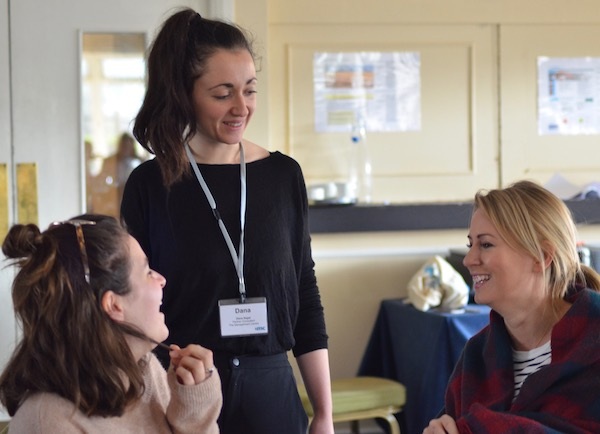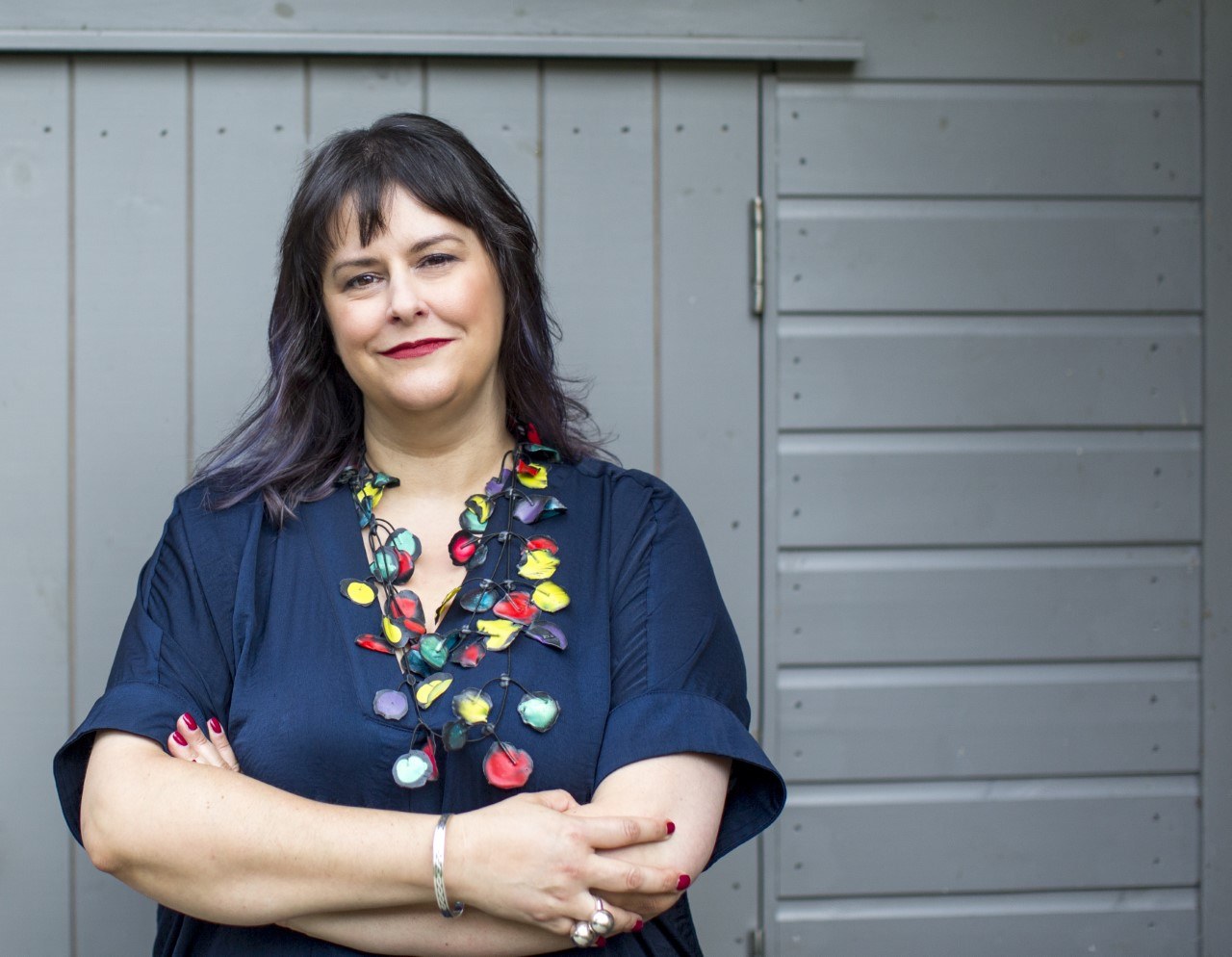Question 2: Why do we need young people on Boards?
Is it essential that 'young' trustees focus on youth engagement, rather than this being an area of focus for the entire Board? When I joined Emergency Exit Arts, my age was never discussed. I was appointed for my unique combination of skills as a successful arts & cultural sector fundraiser, consultant & trainer, and as a theatre practitioner. The experience of being recruited for being me, rather than being my age, made a huge difference to my sense of worth as a Board team member from day one. I felt like I had earned a place at the table for being me, not for being a young person.
And despite my young person kudos, in terms of experience I actually feel I have little in common with the 18-year-olds who have grown up even more digitally native than I did. I can’t work my way round Snapchat, and despite extensive googling I still don’t know what TikTok is actually about. I have no idea who most current influencers are, and I struggle to keep up to date with new slang. I’m saying this because I’m not sure that I could be the one person that is there to represent their voices, views & interests on a Board - but I think a lot of 61-year-old Trustees might assume I can.
If you’re bringing young people onto your Board, try not to do so just because of their age. It could feel tokenistic and alienate them before it even starts. Don’t create an instant ‘us’ and ‘them’ - have a real think about why you want to bring a young person on. Is it about bringing their professional experience to the table? To understand the way they use your services? To bring new ideas for relevant ambassadors?
I spoke with one young Trustee who was asked to join his Board because of his technology skills, not because of his age. Despite not even knowing what a Trustee is ‘meant to do’, he thrived in the Boardroom and helped the organisation re-imagine a whole new digital system to improve the accessibility of their services to young people.



